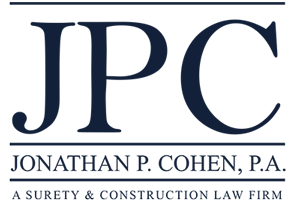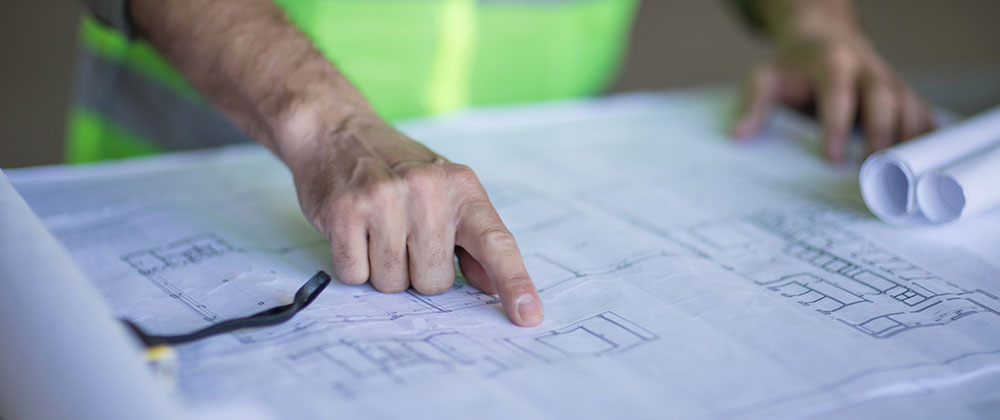Qualifying for a Second Florida Contractors License
Florida contractors are required to get licenses before they will be legally authorized to perform work in the state. A contractor’s license is issued to an individual instead of a business. before a business can contract to engage in construction projects, it must be qualified by a licensed contractor. Otherwise, an unqualified business that contracts to make improvements might be penalized for engaging in unlicensed work. To avoid this problem, contractors must understand how they can go about qualifying their businesses in the state. If a contractor wants to qualify for more than one business, they must go through specific procedures to do so. Here is what you need to know from Florida construction lawyer Jonathan P. Cohen, Esq.
How Licensed Contractors Can Qualify a Business
Under § 489.119, Fla. Stat. (2022), before a licensed contractor can perform work under a fictitious name or in the name of a business, the contractor must apply to the state for certification or registration as the business’s qualifying agent.
Qualifying a Second Business
In some cases, a contractor might want to apply for certification or registration as a second business’s qualifying agent in addition to the first one. To do this, the contractor must comply with the rules promulgated by the Construction Industry Licensing Board (CILB).
Under Fla. Admin. Code R. 61G4-15.0024, a licensed contractor must provide documentation of at least one of the following factors to qualify a second business by showing that they can appropriately supervise the second business as well as the first one:
- Contractor owns at least 20% of the second business
- Contractor is a W2 employee of the second business
- Contractor can show other evidence of how they will ensure their control over the construction work that will be performed by the second business
The CILB will not allow a contractor to qualify for more than one business unless they present evidence that they can supervise both businesses. The contractor will have to show that they will be responsible for all of the construction work performed by both businesses and will have final control over the business matters of each one. If the contractor doesn’t own at least 50% of the ownership interest in both businesses, the contractor must appear at a CILB board meeting to address how they plan to supervise both businesses.
Appearing at a monthly board meeting at the CILB provides the contractor and/or their Florida contractor attorney the ability to present evidence about the methods the contractor will use to supervise the second business. The board wants to see that the contractor will have control over the supervision of the business’s construction work or of the business itself.
In making its determination, the CILB will consider the following factors:
- Whether the contractor can sign contracts
- Whether the contractor can sign and submit bids
- Whether the contractor can submit and sign change orders
- Whether the contractor can sign checks
- Whether the contractor can hire and terminate employees
- The geographic proximity of the two companies to each other and how it will affect direct supervision
Supervising both businesses can take multiple forms and can be handled by employees the contractor supervises or by the contractor. Being able to explain how supervision is structured can help to secure approval for the second qualification application.
Owning less than 50% of the second business will not result in an automatic denial. However, it will be considered by the CILB regarding the contractor’s ability to supervise the second business’s work. The contractor should at least be a W-2 statutory employee of the second company and have supervisory responsibility over all of the company’s construction operations. If the applicant is a 1099 worker, it is illegal and is considered to be the company renting the contractor’s license. In that situation, the application will be denied.
Additional Requirements
There are a few additional requirements for qualifying a business, including the following:
- Proof of financial responsibility and stability through the submission of personal and business credit reports that include FICO credit scores and demonstrate that federal, state, and local records have been searched
- Satisfaction of any judgments or liens or written proof the contractor has a payment plan to satisfy them
- Fingerprint-based background check demonstrating the contractor has a good moral character
- Proof of public liability and property damage coverage in the appropriate amounts
- Proof of workers’ compensation insurance within 30 days of when their license is issued
- State certification examination results or a local license showing a certificate of competency
- Application processing fee
Get Help From a Florida Construction Lawyer
If you are a licensed contractor who wants to qualify for a more than one business to perform construction work in Florida, you should speak to Florida contractor attorney Jonathan P. Cohen, Esq. Attorney Cohen has decades of experience in construction law and can guide you through the process. Call us today at (954) 462-8850 to request a consultation.
The information provided in this article does not, and is not intended to, constitute legal advice. The content in this article is presented for general informational purposes only.

